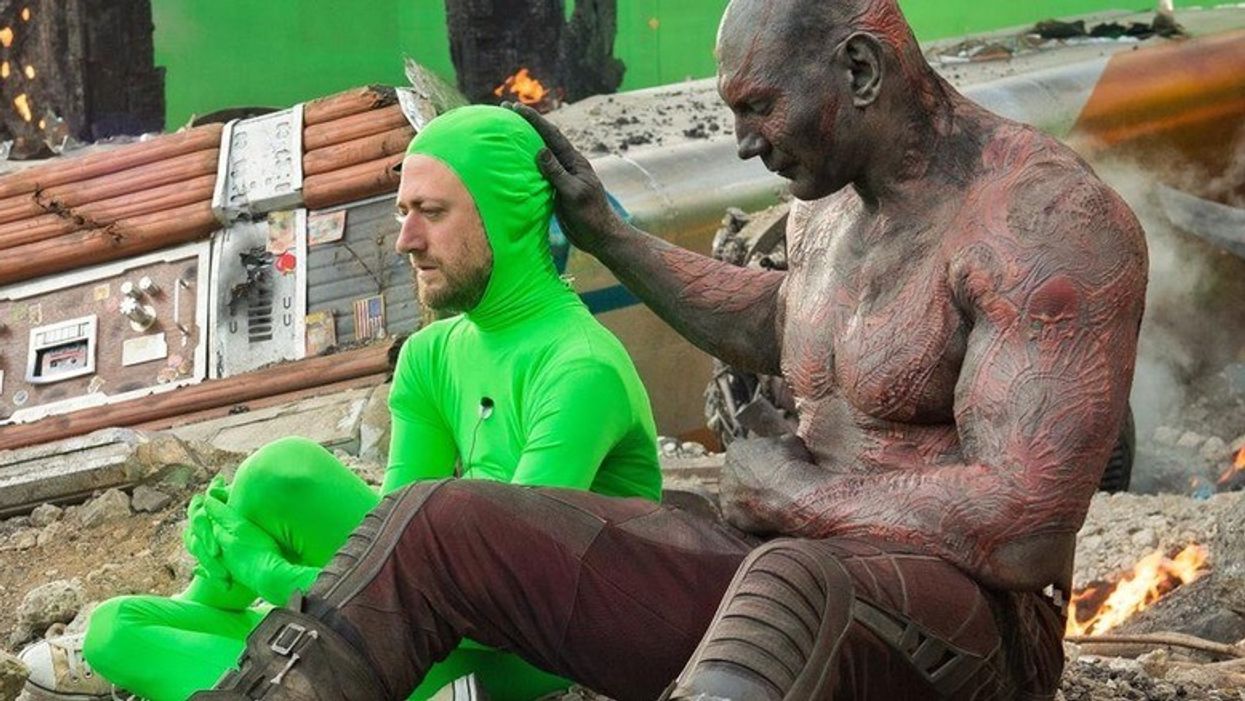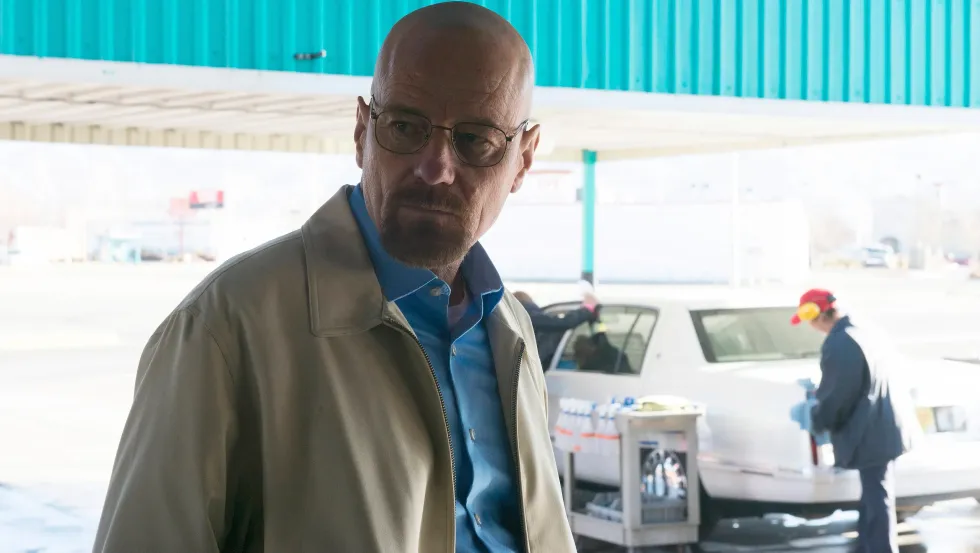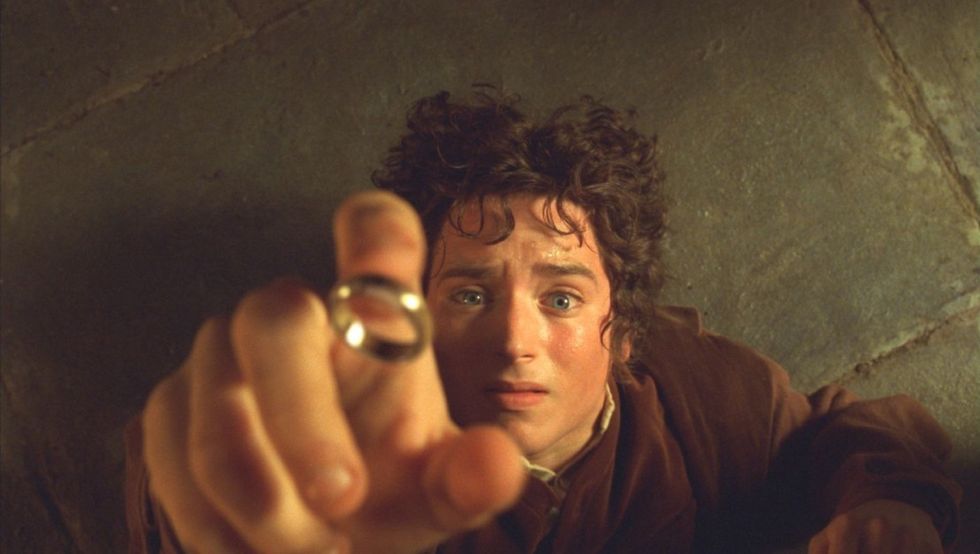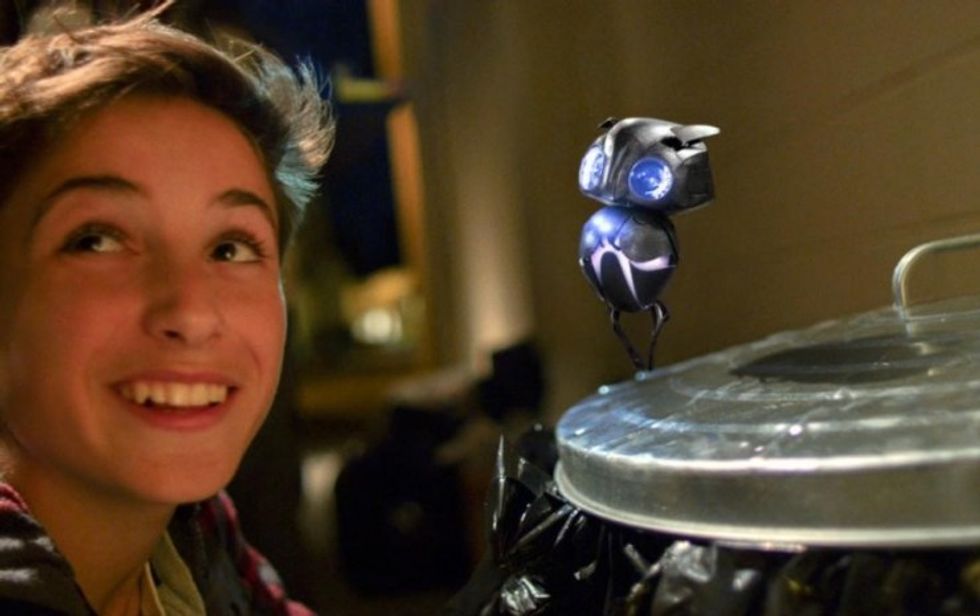VFX Artist Reveals How Marvel’s “Bullying Power” Leaves Everyone Feeling “Pixel F*cked”
This issue keeps growing as more artists speak out against poor working conditions, but is there a solution?

Early in July 2022, multiple VFX artists spoke out about the dismal working conditions for Marvel's VFX artists. Tight deadlines and underpaid and overworked staff are a few of the alleged problems, which produce a poor work environment and questionable final effects. According to reports, Marvel has allegedly become one of the worst clients for many VFX houses, yet its dominance in the film industry makes it a hard client to say “no” to.
So what are some of the main problems that Marvel is creating for VFX houses, and is there a solution?
In a recent Vulture article, Chris Lee chronicled a conversation he has with an anonymous VFX artist who has worked on several Marvel productions over the length of their career. In the article, Lee breaks down the key issues and what needs to change to ensure that the artists are not getting “pixel fucked” by Marvel.
The Conditions Are Worse Than We Originally Thought
Former VFX artist Dhruv Govil, who worked on movies like Guardians of the Galaxy and Spider-Man, said that the way Marvel treats its artist is what drove him to leave the VFX industry. Govil isn’t the only one.
The VFX artist who spoke to Vulture said, “I was working seven days a week, averaging 65 hours a week on a good week... I’ve had co-workers sit next to me, break down, and start crying. I’ve had people having anxiety attacks on the phone.”
The studio’s endless stream of blockbuster movies and television series has created almost an impossibly high demand from effects houses that have to bend over backward to keep Marvel happy. If they don’t, then there is a high chance that those artists won’t get any projects from the studio in the future.
To get work, houses bid on a project, and the best offer gets the project. With Marvel, the bids are often low to appeal to the studio, and Marvel ends up saving money in the process. Unfortunately, the accepted lower-the-average bid means that the team working on the project will be much smaller and have to do a lot more work.
“Where I would usually have a team of 10 VFX artists on a non-Marvel movie, on one Marvel movie, I got two including myself,” said the anonymous VFX artist. The smaller team has to do more work for a client that is constantly asking for major changes throughout the process.
The VFX artist recalled a story about another VFX house that worked on an early MCU movie, and people talked about how they were getting “pixel-fucked,” a term used when the client will nitpick over every little pixel. It becomes challenging working with Marvel, but what happens if a house can’t satisfy the client?
If a VFX team cannot finish the effects in time, the studio will give the project to another house and blacklist the original house from getting any more Marvel-based projects.

The Root of the Problem
While we don't know all the details, the Vulture article paints a stressful picture. According to Vulture, many of Marvel’s directors have never worked with VFX before, and don’t know how to visualize something that’s not in front of them. This puts pressure on the VFX houses to create more work-in-progress images. What this means is that VFX artists are asked to work quickly on high-quality renders that might not even be the final product. And that's extra work.
Another missing component to the VFX process is the absence of a director of photography. Without a DP involved in the process, the VFX team is coming up with the shots a lot of the time, which ultimately breaks the visual language of the film.
What Needs to Change?
While it seems like this issue is almost too big to solve, the anonymous VFX artist suggests two possible solutions that could change the working conditions of the effect houses.
First, Marvel needs to train its directors to work with visual effects so they can have a better vision and realistic expectations from the start.
The other solution is the unionization of VFX artists.
“There is a growing movement to do that because it would help make sure that the VFX houses can’t take bids without having to consider what the impacts would be,” said the anonymous VFX artist. This will also ensure that artists will not work unreasonable hours for unreasonable wages.

The most favorable change may be impossible. What if Marvel slowed down its releases to allow crew members across the board more time to craft a great movie, while managing realistic expectations? But with the next few phases of the MCU already planned out, this option doesn't seem likely.
Filmmaking is a collaborative process that requires each person to clearly communicate what they need and what they can accomplish. We shouldn't overwork people with last-minute changes and be disappointed when the results are not what we wanted. Be reasonable, be kind, and accept that pushback is part of the craft.
Let us know your thoughts on the issue in the comments below!
Source: Vulture















